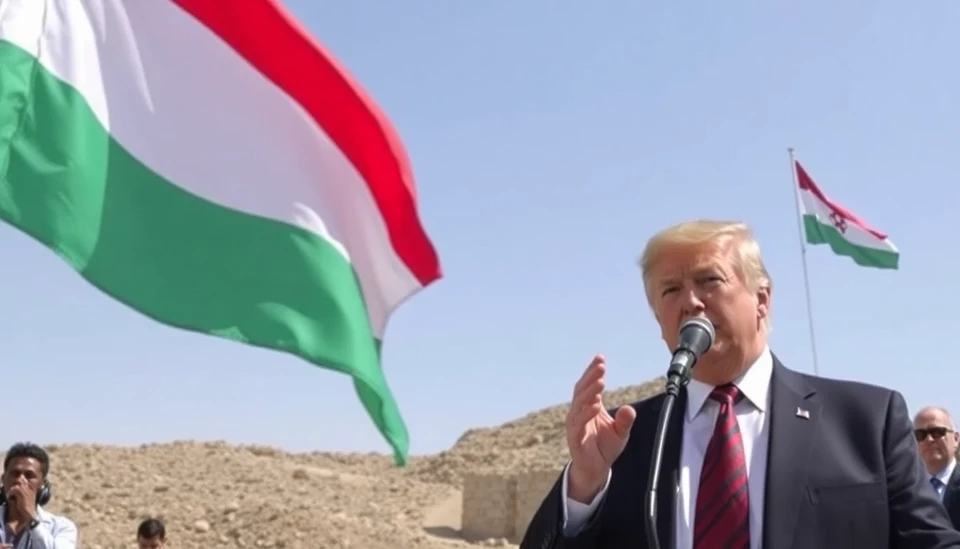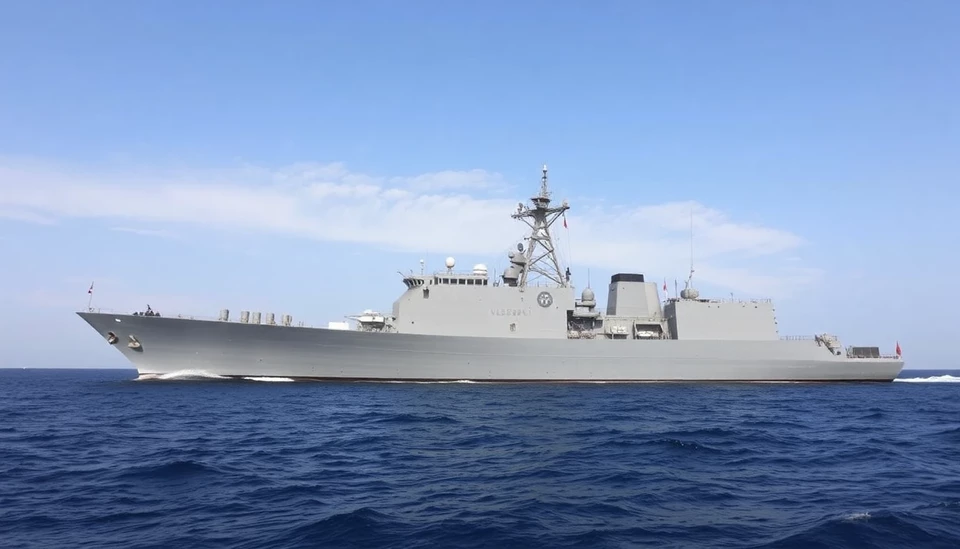
In a significant diplomatic upheaval, the United Nations-recognized government of Yemen has voiced strong concerns regarding the recent policy changes endorsed by former President Donald Trump. This shift, which aims to designate the Houthi movement as a terrorist organization, has elicited fears that it could exacerbate the ongoing conflict in Yemen and further complicate peace efforts in the region.
According to Yemeni officials, the Houthis, who have been engaged in a protracted war against the internationally recognized government since 2014, will likely find additional resources and support due to this new classification. The Yemeni government, already overwhelmed by a humanitarian crisis, views the move as a potential catalyst for intensifying hostilities rather than facilitating dialogue and resolution.
The deputy foreign minister of Yemen, in a statement to the press, emphasized that labeling the Houthis as terrorists might embolden them, offering them justification for continued military aggression against the internationally recognized authorities. This decision comes at a time when peace negotiations led by the United Nations have been sporadic and fraught with challenges, hindering any meaningful progress towards a ceasefire.
This controversial classification of the Houthis raises significant questions about humanitarian aid as well. The United States, as a key player in international politics, has always been focused on the need to provide necessary aid to vulnerable populations affected by the conflict. By designating the Houthis as a terrorist organization, there could be potential limitations imposed on humanitarian operations and aid agencies operating in Houthi-controlled territories, thus putting millions of Yemenis at risk.
Moreover, critics of the Trump administration's policy shift argue that it disregards the complex dynamics on the ground in Yemen. The civil war in Yemen, which has become a proxy conflict involving regional powers, cannot be simplified into a dichotomy of good versus evil. This perspective, they warn, runs the risk of alienating potential negotiating partners and aborting any chances of a political resolution.
As the situation unfolds, the Yemen government continues to call for a more nuanced approach that emphasizes dialogue and diplomatic engagements rather than military classifications that could derail peace efforts. The international community's response to this issue will likely play a critical role in shaping the future of Yemen and ending what has become one of the world's most devastating humanitarian crises.
With tensions escalating and new policies emerging, the people of Yemen remain caught in the crossfire of a conflict that has already claimed countless lives and destroyed infrastructure critical for basic survival. The outcome of this latest shift in U.S. policy is yet to be seen, but its implications will undoubtedly ripple across the region, affecting both ally and adversary alike.
As observers of the international political landscape, we must closely monitor how this situation develops, considering the profound humanitarian implications, the geostrategic interests of various countries involved, and the voices of the Yemeni people themselves.
#Yemen #Houthi #TrumpPolicy #HumanRights #MiddleEastCrisis #InternationalRelations #UN #Diplomacy
Author: Rachel Greene
